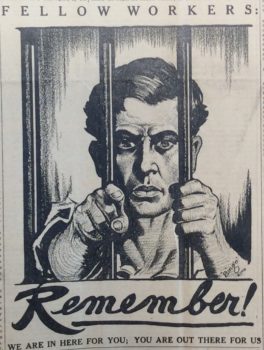
From the sectarian left to mainstream socialists, many U.S. leftists put forward dealignment to explain politics today. Jacobin recently dropped an issue on the topic. As long time readers surely know, I have sort of a love/hate relationship with the mag. Its founder has done some good work. As has the mag itself. But the mag has its faults, which I’ve also discussed in a few posts.
But I’m not here just to talk about a magazine. I’m here to talk about dealignment, especially as it concerns class. And especially a recent article on it – ‘From Bowling Alone to Posting Alone,’ by Anton Jäger.



